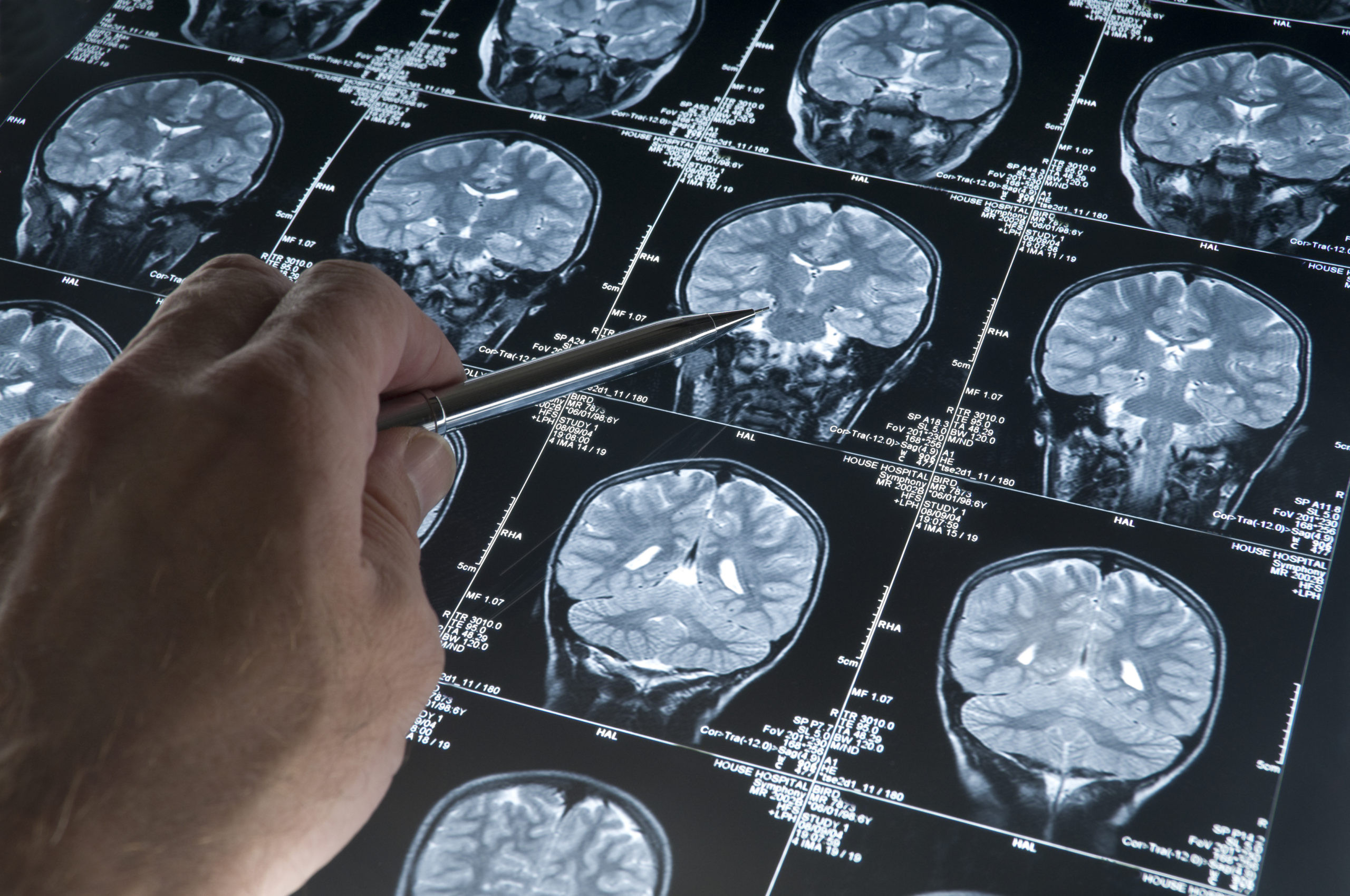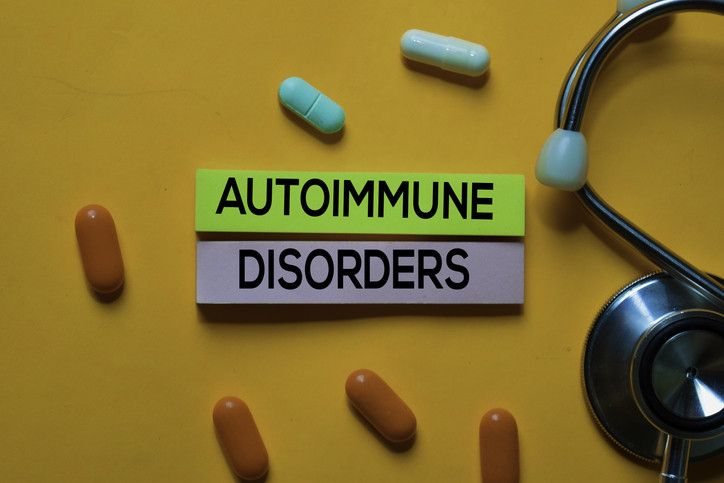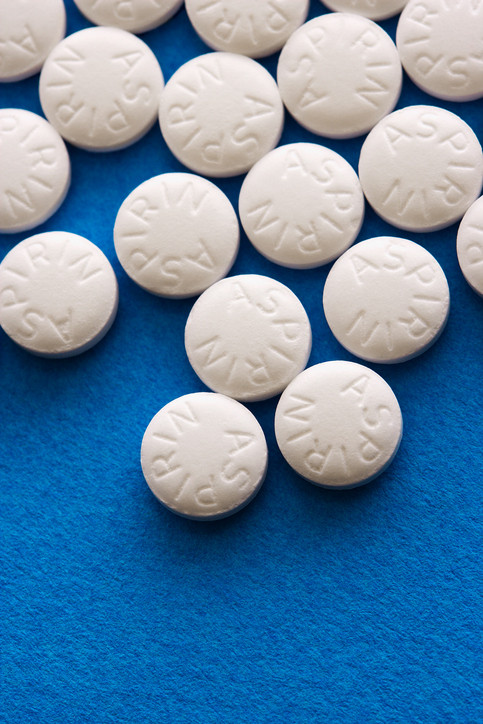
Counting steps is good — is combining steps and heart rate better?

Appendix pain: Could it be appendicitis?

Can saw palmetto treat an enlarged prostate?

How does Ozempic work? Understanding GLP-1s for diabetes, weight loss, and beyond

Zinc: What it does for the body, and the best food sources

Respiratory health harms often follow flooding: Taking these steps can help

Tips to leverage neuroplasticity to maintain cognitive fitness as you age

Can white noise really help you sleep better?

Celiac disease: Exploring four myths

What is prostatitis and how is it treated?
Harvard Health Blog
Read posts from experts at Harvard Health Publishing covering a variety of health topics and perspectives on medical news.
Articles
Hypertension, health inequities, and implications for COVID-19
In the US, racial and ethnic minority groups are more likely to have hypertension, thus putting them at higher risk for a COVID-19 infection. Controlling blood pressure helps reduce risk, but the underlying health inequities that make these groups more vulnerable also need to be addressed.
Migraine headaches: Could nerve stimulation help?
Millions of people suffer from migraines, and research has been trying to understand what causes them. A current theory involves branches of the trigeminal nerve. Now the FDA has cleared an over-the-counter device to prevent or treat migraine by stimulating this nerve with mild electrical shocks.
College student coming home? What to know and do
Due to the pandemic, many college students are coming home at Thanksgiving for an extended winter break. Having anyone reenter your household as COVID-19 cases rise across the US is challenging, and requires thought and planning to keep everyone safe — and sane. Here’s what families need to think about.
Birth control and high blood pressure: Which methods are safe for you?
Doctors typically recommend that women who have high blood pressure avoid using birth control that contains estrogen to avoid raising risks for a stroke or heart attack. According to a clinical update, this recommendation may be changing for some women with high blood pressure.
Quarantine snacking fixer-upper
Eating more than you should since the start of the pandemic, especially unhealthy, highly processed snack foods? If you’re looking for advice on how to break your snacking habits and form new, better habits with healthier snacks, try these tips.
A new Alzheimer’s drug: From advisory panel to FDA — what’s at stake here?
The FDA is in the process of deciding whether to approve a new drug to treat Alzheimer’s. Two large clinical trials produced contradictory results, but other factors will affect the decision, including cost, incidence of side effects, the drug’s effectiveness, and more.
Drugstore skincare: Science-backed anti-aging ingredients that don’t break the bank
Treating age-related skin changes does not require an investment in expensive products, or a visit to a dermatologist. Products available in drugstores with proven ingredients and without a prescription can help with various skin issues or problems.
How to recognize a ministroke or stroke — and what to do
A transient ischemic attack (TIA), or ministroke, is caused by a temporary lack of blood in part of the brain, usually from a clot. The fleeting symptoms of a TIA can be a warning of risk for an imminent, more serious stroke. In the event of a stroke, getting help immediately is crucial, and knowing the signs will make that more likely.
Does lupus or arthritis affect your prognosis if you get COVID-19?
Early birds may be more active, but night owls can catch up
Researchers measuring activity levels found that people who tend to go to bed later and sleep later also tend to get less physical activity, compared to early risers. However, these results don't mean that being a night owl is the cause of getting less activity, or that such behavior can't be changed.
Type 2 diabetes: Which medication is best for me?
When diet and exercise are not enough for a person with diabetes to manage their blood sugar, one or more medications may be needed. Adding a second medication can offer additional benefits beyond blood sugar control, but the benefits and risks of these newer classes of drugs must be weighed for each person.
It’s still true: Not all the news about COVID-19 is bad
We’re more than nine months into the COVID-19 pandemic, and continue to face new challenges every day. But there are still positive developments in the fight against the virus, which should be recognized.
Coping With IBS
Defusing the “Benadryl challenge”: Discussing danger with teens
Viral challenges encourage risky behavior in teens with potentially serious consequences. The reasons teens do things like this are rooted in the development process of the adolescent brain, and adults need to understand why such challenges appeal to teens in order to talk to them about why they aren’t safe.
Intermittent fasting: Does a new study show downsides — or not?
Growing evidence shows that intermittent fasting leads to significant weight loss. A recent study contradicted these findings, but the way this study was designed and implemented raises some questions about its conclusions.
Keeping your family safe this Thanksgiving
This year, the safest choice for celebrating Thanksgiving is to do so at home only with those you live with, yet some people are still going to want to gather. If you are considering celebrating with others, there are some things you can do to help limit COVID-related risks.
Talking to your doctor about an abusive relationship
Intimate partner violence can occur between people of any gender or sexual orientation. Abuse can leave people feeling isolated, confused, or hopeless, and talking to a health professional is one way to get help in the form of medical treatment or access to appropriate services.
Mind-body medicine in addiction recovery
Mind-body medicine, the use of behavioral and lifestyle interventions to address medical problems, is becoming a key component of recovery from addiction. There are now several scientifically-based mind-body medicine options for people in recovery, and promising research on their effectiveness.
What your skin should expect when you're expecting
Making special education work for your child during COVID-19
The pandemic has forced parents everywhere to face problems that don’t have clear solutions regarding their children’s schooling. For parents of children with disabilities who receive special education, these concerns are even more challenging, and parental choices are even more difficult.
Aspirin and breast cancer risk: How a wonder drug may become more wonderful
Promoting equity and community health in the COVID-19 pandemic
At one Boston health care system a range of initiatives aimed at improving health care equity were launched as the pandemic swept forward last spring, taking a disproportionate toll on communities of color. Building on this could prove key as the virus resurges this winter.
Communities of color devastated by COVID-19: Shifting the narrative
Communities of color, which have long struggled against health disparities, have been affected much more severely by the COVID-19 pandemic than white communities. Now is the time to take stock of misconceptions, mistrust, and missteps that helped fuel infection rates and devastating outcomes last spring.
Illness-related fatigue: More than just feeling tired
It’s normal to feel tired, especially during the pandemic, and most people are able to push through the feeling and deal with their daily tasks. But fatigue that is caused by a specific illness is different, and it’s important to recognize these differences so you can be properly diagnosed and treated.

Counting steps is good — is combining steps and heart rate better?

Appendix pain: Could it be appendicitis?

Can saw palmetto treat an enlarged prostate?

How does Ozempic work? Understanding GLP-1s for diabetes, weight loss, and beyond

Zinc: What it does for the body, and the best food sources

Respiratory health harms often follow flooding: Taking these steps can help

Tips to leverage neuroplasticity to maintain cognitive fitness as you age

Can white noise really help you sleep better?

Celiac disease: Exploring four myths

What is prostatitis and how is it treated?
Free Healthbeat Signup
Get the latest in health news delivered to your inbox!
Sign Up

























